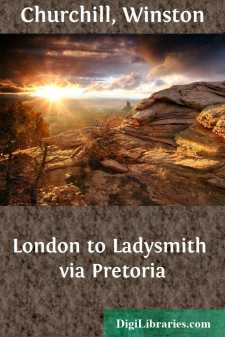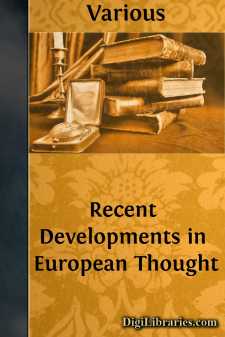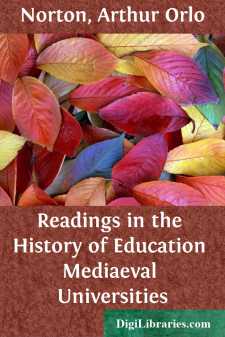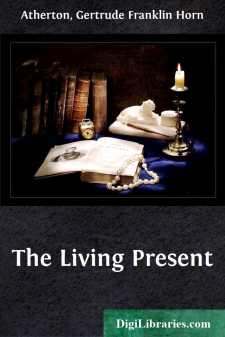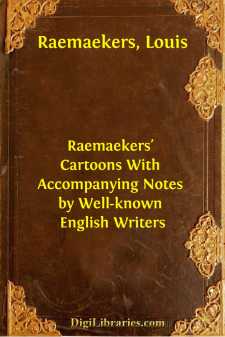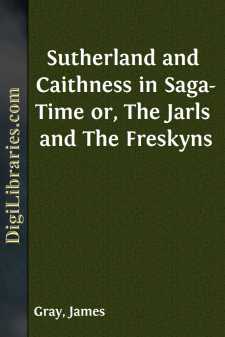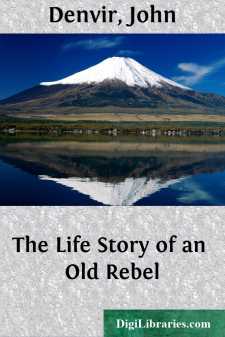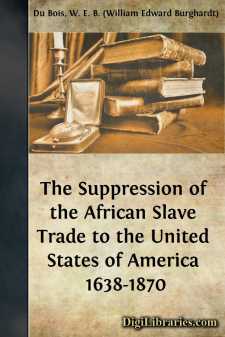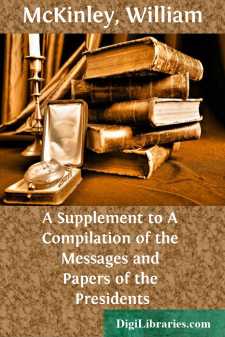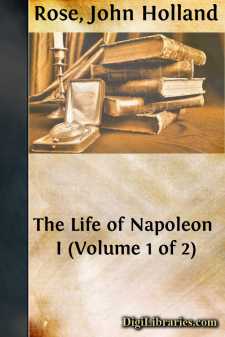History
- Africa 30
- Americas (North Central South West Indies) 50
- Ancient 68
- Asia 58
- Australia & New Zealand 8
- Canada 41
- Caribbean & West Indies 1
- Civilization 20
- Eastern Europe 12
- Europe 310
- Expeditions & Discoveries 60
- General 77
- Historical Geography 1
- Jewish 9
- Latin America 3
- Medieval 8
- Middle East 13
- Military 248
- Revolutionary 8
- Study & Teaching 5
- United States 353
- Western Europe 56
- World 13
History Books
Sort by:
CHAPTER I STEAMING SOUTH R.M.S. 'Dunottar Castle,' at sea: October 26, 1899. The last cry of 'Any more for the shore?' had sounded, the last good-bye had been said, the latest pressman or photographer had scrambled ashore, and all Southampton was cheering wildly along a mile of pier and promontory when at 6 P.M., on October 14, the Royal Mail steamer 'Dunottar Castle' left...
more...
by:
Various
I GENERAL SURVEY F.S. MARVIN We are trying in this book to give some impression of the principal changes and developments of Western thought in what might roughly be called 'the last generation', though this limit of time has been, as it must be, treated liberally. From the political point of view the two most impressive milestones, events which will always mark for the consciousness of the...
more...
I INTRODUCTION The history of education, like all other branches of history, is based upon documents. Historical documents are, in general, "the traces which have been left by the thoughts and actions of men of former times"; the term commonly refers to the original records or sources from which our knowledge of historical facts is derived. The documents most generally used by historians are...
more...
BOOK I If this little book reads more like a memoir than a systematic study of conditions, my excuse is that I remained too long in France and was too much with the people whose work most interested me, to be capable, for a long while, at any rate, of writing a detached statistical account of their remarkable work. In the first place, although it was my friend Owen Johnson who suggested this visit to...
more...
by:
Louis Raemaekers
Introduction Louis Raemaekers will stand out for all time as one of the supreme figures which the Great War has called into being. His genius has been enlisted in the service of mankind, and his work, being entirely sincere and untouched by racial or national prejudice, will endure; indeed, it promises to gain strength as the years advance. When the intense passions, which have been awakened by this...
more...
by:
James Gray
CHAPTER I. Introductory. In the following pages an attempt is made to fit together facts derived, on the one hand, from those portions of the Orkneyinga, St. Magnus and Hakonar Sagas which relate to the extreme north end of the mainland of Scotland, and, on the other hand, from such scanty English and Scottish records, bearing on its history, as have survived, so as to form a connected account, from...
more...
by:
John Denvir
CHAPTER I. EARLY RECOLLECTIONS—"COMING OVER" FROM IRELAND. I owe both the title of this book and the existence of the book itself to the suggestion of friends. I suppose a man of 76 may be called "old," although I have by no means given up the idea that I can still be of use to my country. And a Rebel? Yes! Anything of the nature of injustice or oppression has always stirred me to...
more...
Chapter I INTRODUCTORY.1. Plan of the Monograph.2. The Rise of the English Slave-Trade.1. Plan of the Monograph. This monograph proposes to set forth the efforts made in the United States of America, from early colonial times until the present, to limit and suppress the trade in slaves between Africa and these shores. The study begins with the colonial period, setting forth in brief the attitude of...
more...
by:
William McKinley
William McKinley (For portrait and early biographical sketch see Vol. X, pp. 125, 126, 127) At the National Republican Convention which met at Philadelphia in June, 1901, William McKinley was again nominated the Republican candidate for the Presidency of the United States. At the November election he was re-elected, receiving 292 electoral votes, against 155 votes for William J. Bryan. In September,...
more...
CHAPTER I PARENTAGE AND EARLY YEARS "I was born when my country was perishing. Thirty thousand French vomited upon our coasts, drowning the throne of Liberty in waves of blood, such was the sight which struck my eyes." This passionate utterance, penned by Napoleon Buonaparte at the beginning of the French Revolution, describes the state of Corsica in his natal year. The words are instinct with...
more...


